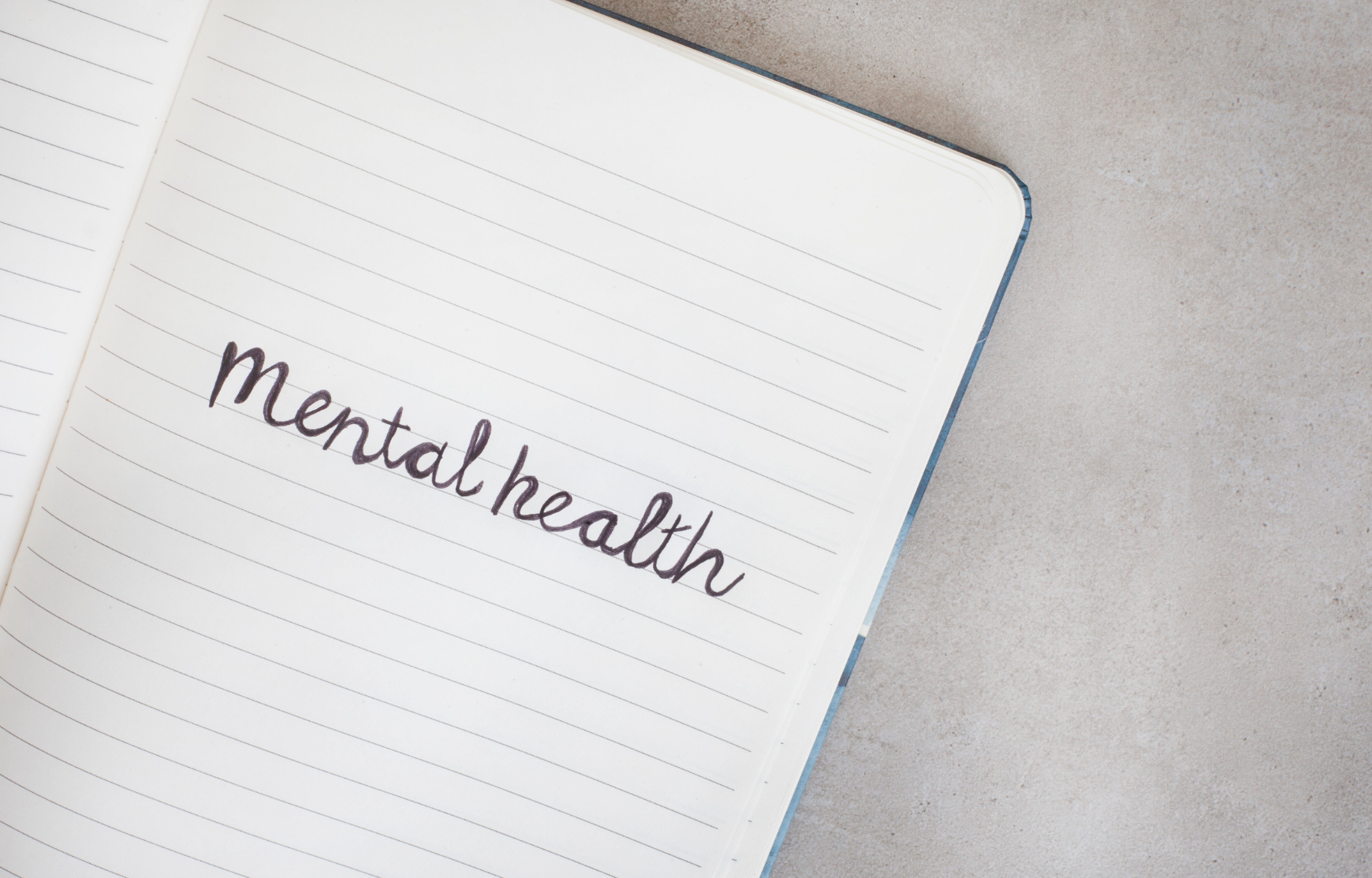
Can You Improve Mental Health Naturally?
Mental health is a crucial aspect of overall well-being, and it's essential to prioritise it just as much as physical health. While professional help and medication can be necessary for some individuals, there are also natural ways to support and improve mental health. Here are some strategies that can help:
Mindfulness and Meditation
Mindfulness involves being present in the moment and observing your thoughts and feelings without judgment. Meditation is a technique that can help you achieve a state of mindfulness. Regular practice of mindfulness and meditation can reduce stress, anxiety, and depression while improving emotional regulation and self-awareness.
Exercise
Physical activity releases endorphins, which are natural mood boosters. Engaging in regular exercise, such as walking, jogging, swimming, or yoga, can help alleviate symptoms of depression and anxiety, improve self-esteem, and promote better sleep.
Connecting with Others
Human connection is vital for mental health. Building and maintaining strong relationships with family, friends, and loved ones can provide a support system and a sense of belonging. Engaging in social activities, volunteering, or joining a support group can also foster a sense of connection and purpose.
Practicing Gratitude
Focusing on the positive aspects of life and expressing gratitude can help shift your mindset and improve overall well-being. Keep a gratitude journal, share your appreciation with others, or take a moment each day to reflect on the things you're thankful for.
Maintain a healthy lifestyle
A balanced diet, sufficient sleep, and limiting alcohol and drug use can all contribute to better mental health. Eating a diet rich in fruits, vegetables, whole grains, and lean proteins can provide the nutrients needed for optimal brain function. Aim for 7-9 hours of sleep per night and avoid excessive substance use.
Engage in hobbies and activities you enjoy
Participating in activities that bring you joy and fulfilment can boost your mood and reduce stress. Whether it's painting, gardening, playing an instrument, or exploring a new hobby, make time for the things that light you up.

While these natural strategies can be helpful, it's important to remember that they are not a substitute for professional help when needed. If you're experiencing severe or persistent mental health issues, it's crucial to seek the guidance of a mental health professional.
Three tasks to help those needing support:
- Become an active listener: Sometimes, people just need someone to listen to them without judgment. Practice active listening by giving the person your full attention, asking open-ended questions, and showing empathy. Let them know that you're there to support them and that their feelings are valid.
- Help them find resources: Research local mental health resources, such as support groups, therapists, or community organisations that offer mental health services. Share this information with the person needing support and offer to help them navigate the process of seeking professional help if needed.
- Check in regularly: Consistently check in with the person to see how they're doing. Send a text, make a phone call, or plan a meet-up to show that you care and are available to support them. Remember to respect their boundaries and privacy while letting them know that you're there for them.




